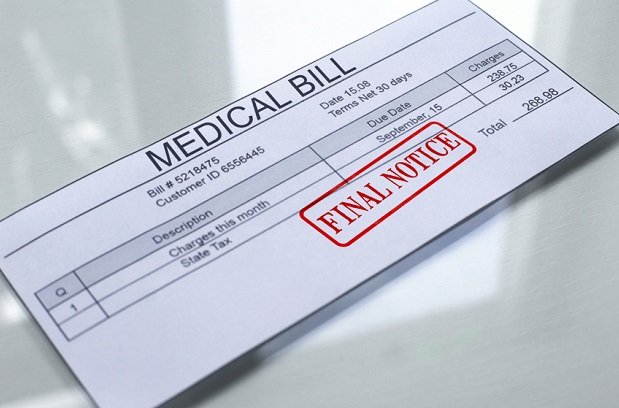 People are still hitting the emergency room instead of seeing a doctor regularly, raising their own out-of-pocket costs as well as hospitals' financial exposure.
People are still hitting the emergency room instead of seeing a doctor regularly, raising their own out-of-pocket costs as well as hospitals' financial exposure.
Hospitals' costs for uncompensated care and unreimbursed expenses are still increasing, although the pace of that increase has slowed a bit since 2016.
According to a Definitive Healthcare analysis of 3,855 hospitals. the grand total for uncompensated care and reimbursement shortfalls—including free and discounted care for low-income patients, unpaid bills and unreimbursed costs from Medicaid and Children's Health Insurance Programs—came to a grand total of $12.8 million in 2018. That's up from $11.2 million in 2015.
From 2015 to 2016, the rate of growth in uncompensated care rose 8 percent, although after that it slowed down to approximately 3 percent annually.
Related: Medicaid expansion takes a bite out of medical debt
A lot of the blame for that can be laid at the feet of high-deductible health plans and coinsurance, according to Kevin Holloran, senior director with Fitch Ratings. Holloran says, "Hospital CFOs I talk with say a $5,000 health plan is $5,000 in bad debt—most don't have the capacity to pay that back."
While the Affordable Care Act's individual mandate coming into effect in 2014 led to a rise in the number of insureds—in 2015 it was 90.9 percent, while in 2016 and 2017 it hit 92.1 percent, according to census figures—it started trending down again in 2018 to 91.5 percent, which could be owed to a range of reasons: the repeal of financial penalties tied to the individual mandate, a decline in Medicaid coverage and cuts in the ACA marketing budget by the CMS while it pushes association health plans.
And lots of people are still hitting the emergency room as their fallback, raising their own out-of-pocket costs as well as hospitals' financial exposure.
According to the Kaiser Family Foundation, the average deductible of $1,655 in 2019 has tripled over the last 10 years, and Moody's Investors Services warns that the level of bad debt carried by hospitals will probably continue to increase.
Holloran said in the report that if DHS cuts of $4 billion to hospitals' Medicaid disproportionate-share hospital payments actually take place, hospitals will be on the hook for yet more unpaid bills and take a hit in profitability, since DSH funds cover about 51 percent of their uncompensated-care costs.
Read more:
© 2025 ALM Global, LLC, All Rights Reserved. Request academic re-use from www.copyright.com. All other uses, submit a request to [email protected]. For more information visit Asset & Logo Licensing.







